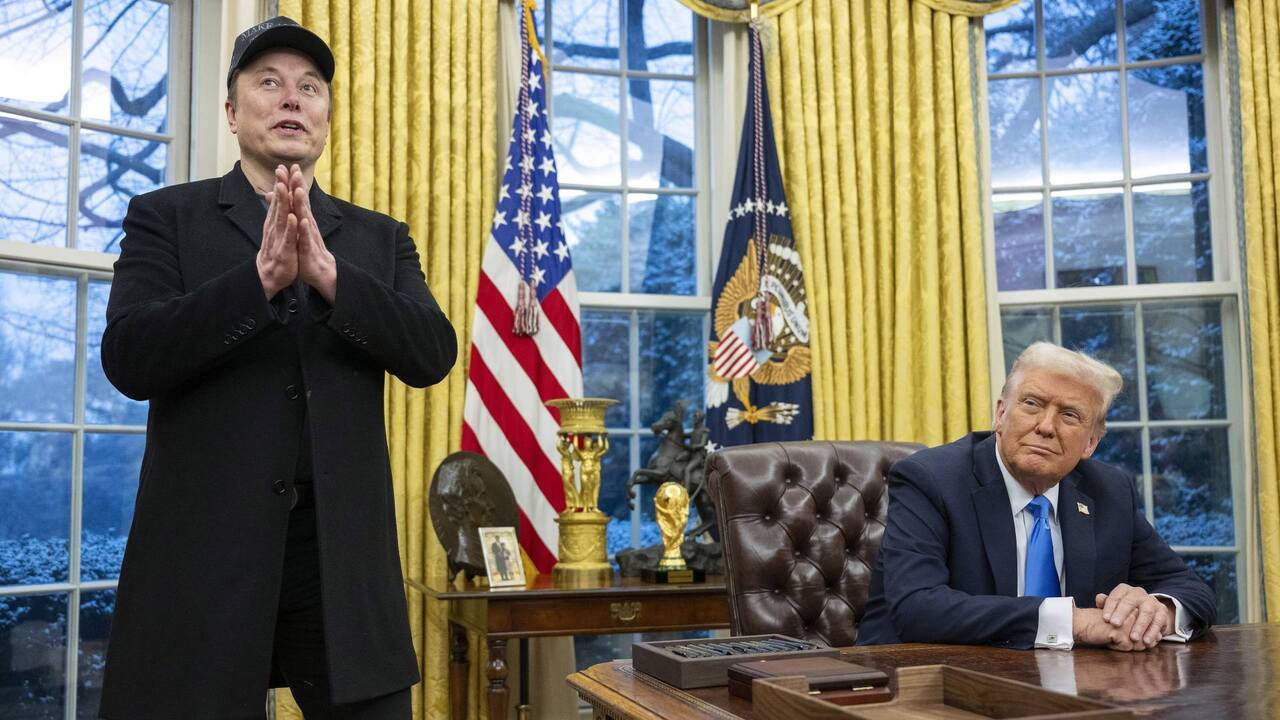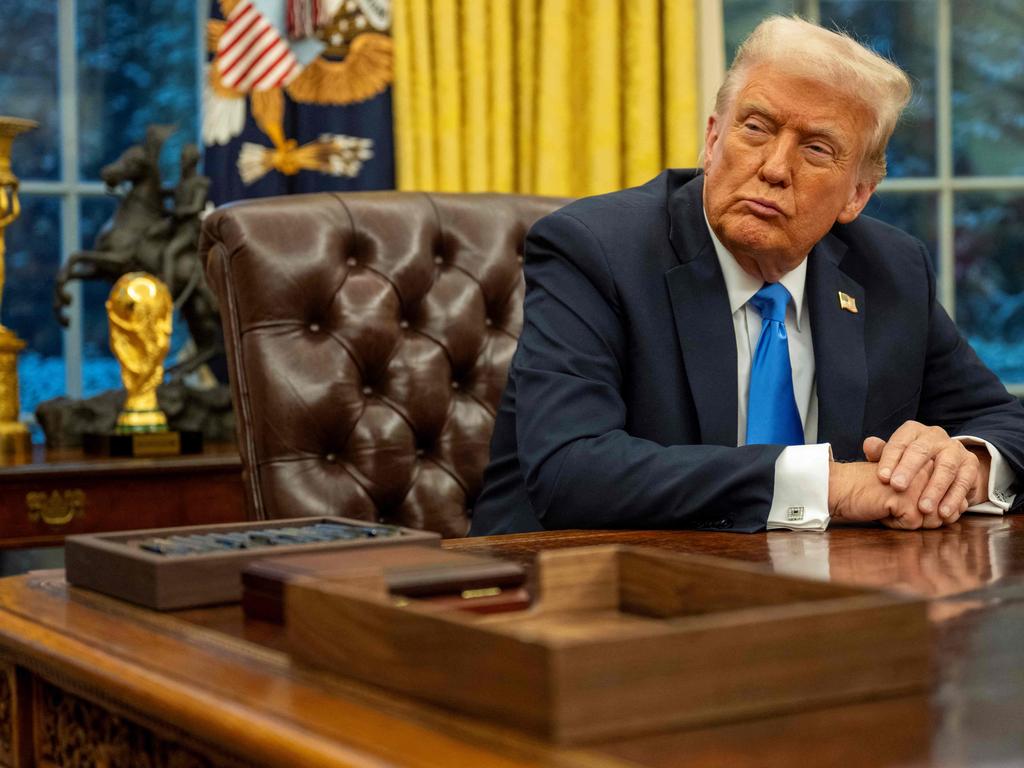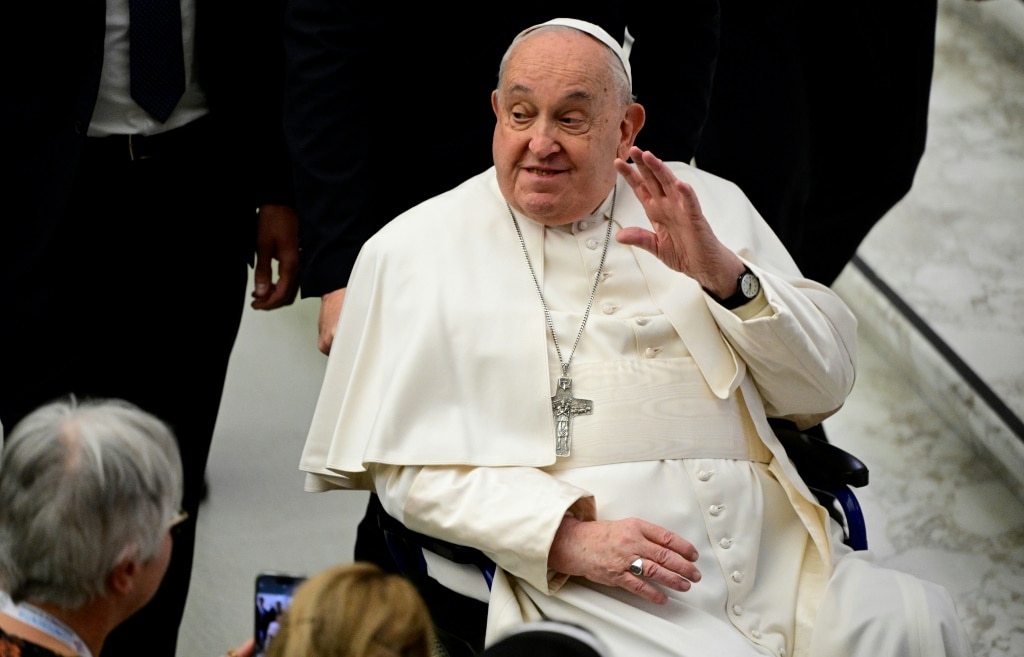
Mr Trump’s domestic-policy decisions so far strike us as falling into three categories. Most rest on strong legal ground. Some are legally debatable and could go either way in court. In still others Mr Trump appears to be breaking current law deliberately to tee up cases that will go to the Supreme Court to restore what he considers to be constitutional norms. None of these is a constitutional crisis.
***
The first category includes the Administration’s decision to pause discretionary spending to ensure it complies with the President’s priorities. Democratic state Attorneys-General say this is illegal, and Judge John McConnell on Monday agreed. The Administration is appealing, and judges can’t force a President to spend money that Congress has left to his discretion.
Most of these spending programs don’t include concrete disbursement deadlines. If Mr Trump is violating the law, so was the Biden Administration, which delayed disbursing grants under the 2021 infrastructure bill and 2022 Inflation Reduction Act to review applications and attach conditions. What Mr Trump is doing is no different.
Government unions are challenging Mr Trump’s buyout offers for federal workers on grounds that Congress hasn’t funded them, but this doesn’t make them illegal per se. If Mr Trump later doesn’t pay these workers, they could sue in federal claims court.
Unions are also challenging Mr Trump’s Schedule F reform, which removes civil-service protections for some high-ranking career employees. Here, too, Mr. Trump is on strong legal ground. The Civil Service Reform Act of 1978 exempts positions “determined to be of a confidential, policy-determining, policymaking or policy-advocating character.”
Mr Trump has expanded these exempt positions to employees who supervise investigations, develop regulations and exercise power under an agency’s discretion. Congress has expanded the discretion of agencies such that federal workers now boast far more power than they did 50 years ago. A President should be able to hold them accountable for performance to ensure laws are faithfully executed.
A second category are decisions on more debatable legal ground, such as effectively dismantling the Consumer Financial Protection Bureau and US Agency for International Development. Congress established these agencies and it would have to act to eliminate them. Less clear is whether a President can order employees to cease doing their jobs.
Harvard law professor Hal Scott recently argued in The Wall Street Journal that the CFPB is operating illegally because Congress funded the agency with earnings from the Federal Reserve. Because the Fed has incurred losses since September 2022, Mr Scott says the bureau should close unless Congress appropriates money for it. This argument is plausible.
As for USAID, a federal judge has temporarily blocked the Administration’s plans to wind down its operations to have more time to consider the merits. Many Administration actions raise novel legal questions. This bucket also includes whether employees with Elon Musk’s Department of Government Efficiency can obtain access to Treasury payment systems.
Mr Trump is stretching laws to see what he can get away with, but so have other recent Presidents. Barack Obama touted his pen-and-a-phone strategy of ruling by decree. “So sue me,” he taunted House Republicans. The Supreme Court blocked his Clean Power Plan and DAPA, which protected millions of undocumented immigrants from deportation.
Joe Biden exceeded his power by cancelling student loans, mandating vaccines and banning evictions, among other overreaches. After the Supreme Court blocked his first loan write-off, he declared “that didn’t stop me” and used other illegal means. The Eighth Circuit Court of Appeals last year rebuked his Administration for turning a lower-court injunction on his SAVE plan into a “nullity.”
The third category of Trump actions are clear violations of current law with a goal of inviting legal challenges to get to the Supreme Court. This includes his order barring birthright citizenship, and another dismissing a member of the National Labor Relations Board. Mr Trump believes he’ll win on both issues because he thinks previous Supreme Court rulings were wrongly decided.
***
Mr Trump may be wrong, but there is no constitutional crisis as the cases make their way through the courts. Liberals are flogging a recent tweet by JD Vance that “judges aren’t allowed to control the executive’s legitimate power.” But even liberal judges agree with this in principle as they interpret the proper separation of constitutional powers.
The real crisis would come if Mr. Trump defies a Supreme Court ruling. If that happens, and it could, the left may wish it hadn’t squandered its credibility by crying wolf so often about crises that didn’t exist. Readers can relax in the meantime.
The Wall St Journal







Well, that was fast. The same people who predicted Donald Trump would be a dictator now say a “constitutional crisis” has already arrived, barely three weeks into his Presidency. They’re overwrought as usual, and readers may appreciate a less apocalyptic breakdown about Mr Trump’s actions and whether they do or don’t breach the normal checks and balances.